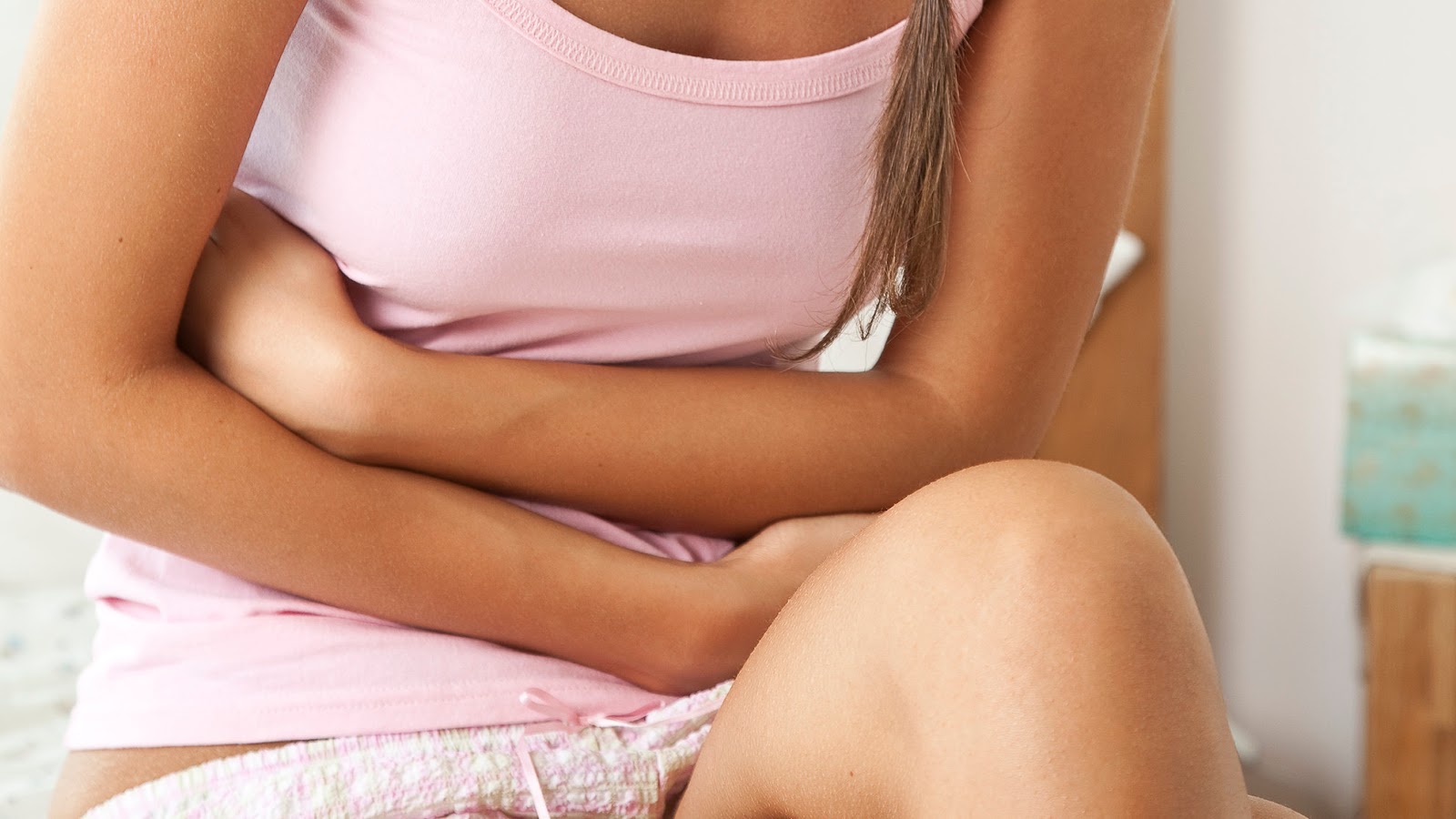One Woman's IBS Struggle: It Took Me 7 Years to Be Diagnosed
Imagine feeling lousy every single day for seven years. That used to be me.
I was 27 when my symptoms started. At first, it was just a lot of bloating, abdominal pain, and nausea. Over time, food became my enemy. I would eat a pear, thinking it was a healthy choice, but then I’d be curled up in pain for eight hours. I was constantly running to the bathroom, or leaving work early for what appeared to be a stomachache (but was so much more).
Worrying about these episodes affected me mentally and physically. I pulled back from my social life and stopped working out, and I avoided any situation that I felt I couldn’t control, like concerts or day trips. The rare times I did make an effort to socialize, I never felt good. I was always gritting my teeth to make it through and put a smile on my face.
Because there’s a social stigma to these kinds of problems, I felt so vulnerable and misunderstood. When I flaked out on plans because I was having a bad day, my friends at first didn’t get it they were like, "Um, can’t you just take something for that ?" It wasn’t like a broken leg or a cut that people could see despite all of the pain and discomfort, I looked completely normal to everyone. But inside I was desperate, hopeless, and frustrated.
I spent seven years and over $15,000 (even with insurance!) trying to get a diagnosis. Over the years I saw three different general practitioners and have had three different GI doctors. I had an endoscopy, a colonoscopy, a barium CT scan, a gastric emptying study, a pill camera endoscopy, hydrogen breath tests, and more stool tests than I can count. At one point I was misdiagnosed as having Crohn’s disease.
Meanwhile, I was struggling to figure out what foods I could tolerate. I ate ginger like it was candy to try to tamp down my symptoms and avoided everything spicy. For nine months, I tried cutting out all coffee and alcohol. I tried acupuncture and Chinese herbs to control my crazy bowel movements.
Answers at last
A year ago, I was finally diagnosed with IBS-D (irritable bowel syndrome with diarrhea). It was such a relief to know what was wrong, and to start figuring out real solutions. This process has given me a renewed sense of inner strength. I’ve learned a lot about my ability to overcome and fight.
Now that I have a diagnosis, I’m able to plan ahead for social situations. I know how to manage my diet so I don’t have to keep one eye on the bathroom. I’ve also modified how I work out. I’ve always been a runner and played volleyball, but now I mix in healing exercises like yoga and meditation, too.
Diet-wise, I’ve figured out that I need to avoid dairy, legumes, and most sugars (no -ol sugars like sorbitol and xylitol and no -ose sugars like sucrose and fructose). I eat lots of protein and no whole wheat or grains like oats for me, simple carbs like white rice or potatoes are best. I’m also no longer eating hard-to-digest veggies like cabbage, Brussels sprouts, broccoli, and cauliflower; I stick with green beans, squash, beets and carrots. Even fruits like apples, pears, or bananas are too hard on my gut.
What has helped me the most since my diagnosis is to talk to people about it. My friends are incredibly supportive. I am even able to talk freely about it at work. I still wish IBS was easier to discuss. Bathroom talk is usually a joke no one says "I’m 28 and I almost pooped my pants" or "I’ve had a stomachache with diarrhea for three months." But, by being open about this, I hope I can help others and get people to understand that IBS is real.
⬊ RELATED ARTICLES










Post a Comment